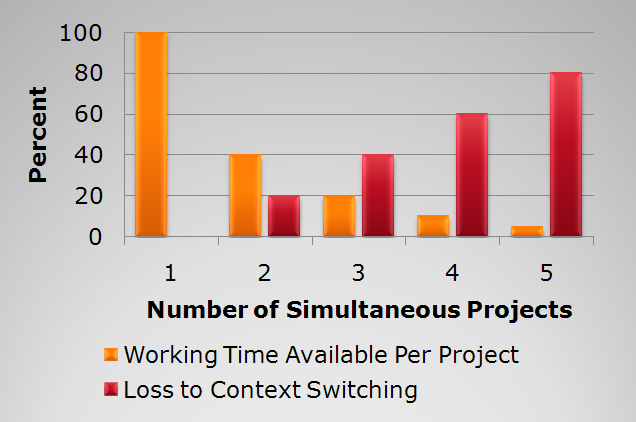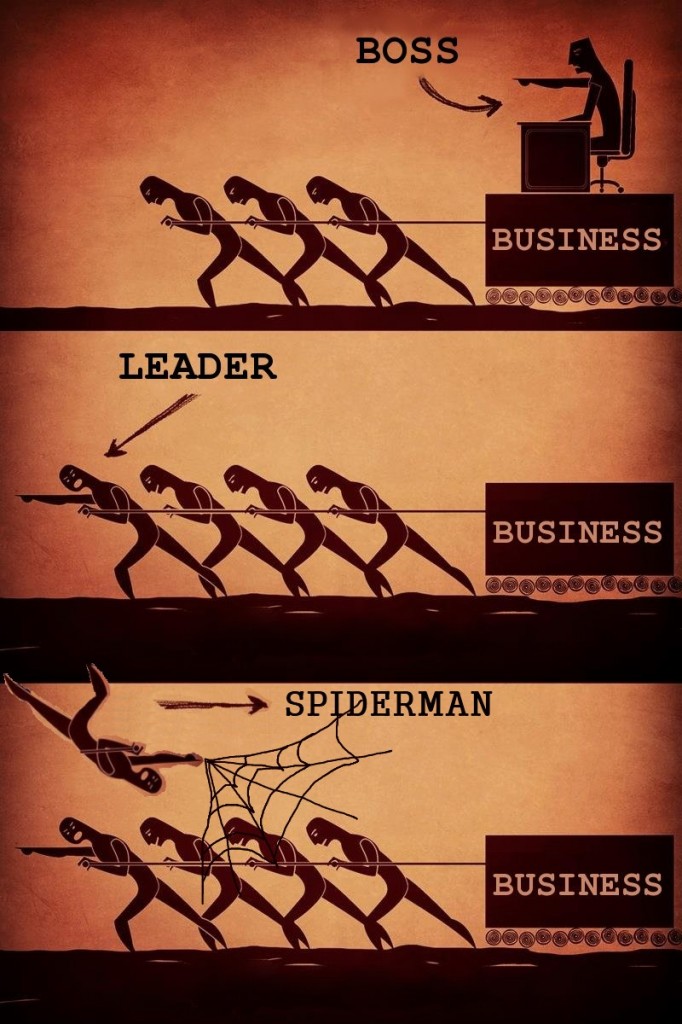Doing more with finite time
About this time last year I wrote a more personal article. It’s not something I like to do often; it’s not really the purpose of this blog either. But it’s therapeutic, and sometimes it’s worthwhile to others to share your own experiences and thoughts. I like to do a review post each year, maybe this will become an annual thing too. If it’s not your cup of tea, don’t worry, the regular updates will start up again after New Years. 😉
Last year was mostly about doubt creeping in. I like to teach, research, community build, and build software. That’s a lot of different things. And while they often complement and benefit one another, nearly always one of them is being neglected at the expense of the others. You only have so much time, right? I was never very seriously doubting things, but I did have questions creeping up in the back of my mind. They could be summed up as – ‘am I doing the right things?’ and ‘does what I’m doing matter?’. These questions can kill ‘traction’, as you end up pausing to think instead of doing.
I came to realize that I am who I am. Doing these things makes me happy, and so I’m just going to keep doing them.
I was involved with and experienced a lot in 2013. I kept teaching, publishing, building apps and running community events. I tried to help other people get their own community initiatives off the ground. I gave a keynote at WordCamp, and led a Ladies Learning Code workshop. I turned 30. I received the Difizen award. I became a full-time professor at Mohawk College in the computer science & IT department (which is truly a dream job for me). I made some great new friends, an important personal relationship kept blossoming, and my beloved Tiger-Cats made it to the Grey Cup! I was even in a TV commercial:
My life over the last year has become really awesome (and really busy). I’m happier than I’ve ever been. It feels odd (being vain? trying to brag or boast?) even writing about “how awesome my life is right now”. But that’s not the point and I hope that’s not what it seems like. Because the reality is I’ve been incredibly lucky and fortunate to have these things happen. And what I’ve also realized is that having a lot of great things happen to you leads to a new “problem”, a first world problem that I’m very lucky and privileged to have at all:
How do you do everything you want to do? How do you do more than your time and resources allow for? When you have the good fortune of finding traction in what you are doing, how do you keep doing it all and keep doing more too?
I wish I could do everything I’m already doing and a whole lot more. So why can’t you do it all? There’s a lot of reasons, but here’s a few:
There are only so many hours in a day
You can only answer so many e-mails, return so many calls, organize so many events, teach so many classes, etc. Just physically speaking, time is a limit. You can do things to free up more time, like say abandoning a hobby you were getting bored with anyways. But eventually you just can’t free up any more time without abandoning things you can’t or won’t abandon.
Context switch costs
In computing there is the idea of a context switch – when a computer switches tasks it must put away the information for the old task(s) and load in the information required for the new task(s). Switching contexts costs time. The more tasks a computer tries to do, the more it has to switch contexts. At a certain point the cost of switching contexts can become prohibitive.
I suspect people are the same way – I know I am, especially with coding. Interrupt me for 5 minutes when I’m coding and it can take me an hour to get moving at the same pace again.
Not only do you have only so many hours, but if you try to do too many different things you’ll be spending more and more of your time switching contexts.
Others can do it better and/or faster
It’s fun to challenge yourself by doing things that are outside your present comfort zone. But sometimes you shouldn’t be trying to do something because somebody else can do it better. Sometimes other people are just more talented, have more resources, or are just somehow better situated to pull off things you would like to see happen. This rule doesn’t always apply. Very often it’s a matter of “the more the merrier” as multiple people doing the same thing or something similar is better than a single individual, group or organization.
Once some gaps are filled, they are filled, whereas others can almost never be filled So for example, the more people who are willing to volunteer at a charity food drive, the more food will be raised. We essentially can’t fill that gap enough. But for example, creating a social network with the same features as Facebook? That’s a gap that’s been filled at this point. There’s no need for another Facebook, because most people see no need for another Facebook. As much as you might want to fill that type of gap yourself, it doesn’t matter, it’s been filled and for the foreseeable future it’s done.
Alright, so if you can’t do it all, how do you do more than your current time and resources allow for? This is what I’ve come up with so far.
Get more resources (i.e. money)
You can’t buy more time for yourself, but other people will sell you their time for money. Tackling a problem as a business capable of generating revenue and paying employees is one route to scaling resources and the resulting impact. Wealthy people are able to fund large charities and accomplish a lot of good with their money. People with less wealth can still fund charities on a smaller scale to accomplish good with their money. Others use other people’s money to fund projects, either through influencing existing government programs or creating new government programs to tackle problems, or by using government grants to tackle problems. This tends to be the most controversial way of using more resources to tackle a problem, because it’s political in nature, but it’s not necessarily bad and may even be necessary here and there.
Delegate
Delegation works great in organizations or situations where people are being paid, but is a little trickier in volunteer situations.
Volunteers delegating work to other volunteers doesn’t tend to scale well for reasons that should be obvious. A volunteer that champions an initiative in the longer term can delegate shorter term tasks to other volunteers, but delegating longer term roles to other volunteers brings up questions of legitimacy. Why is somebody delegating and why should others investing much of their own time be following orders rather than driving their own projects?
Delegating longer term roles in volunteer situations can work when the club president role / board roles are rotated and/or elected. But even then, often times temporary, rotating and/or elected board leadership just isn’t as productive or efficient as champions driving initiatives. The reason delegation, boards and club presidents are often suboptimal at the community / volunteer level is that communities just aren’t hierarchical by nature. Communities don’t have club presidents or boards directing other people’s work, they have champions pushing initiatives.
Partner
Which leads to another method that I think is better in many instances: partnerships. Work with partners and split up the work! This is an awesome way of doing more. If it’s too hard to organize a conference, partner with somebody and organize it together. If an app is too much work, partner with somebody and build and sell it together. You can have different roles without having too much or any hierarchy, which allows community / volunteer-level initiatives to scale.
Prioritize
If you “put more wood behind fewer arrows” you can do more. If you can cut out activities that are having the least impact and put more time into activities that are having a bigger impact, you can do more. The trick is to find where you can make the biggest impact while having the most fun, and then to focus in on those areas.
Over the last year I seriously investigated and experimented with a few ideas I’ve had for awhile now. With the one idea in particular I realized that, while it might be fun, I would essentially just be creating a poorly paid job for myself to do, a job that could easily be done by somebody else too. I found that the idea wasn’t the best use of my time, and so I put it back on the shelf.
Pass the torch
With most things it’s more important that they are done at all, rather than important that you personally be the one to do them or have a hand in doing them. Are there things you can hand off to others? Pass the torch to the next generation and let them run with it in new and exciting directions?
That’s what is happening with Startup Weekend in Hamilton. It was a group of us that organized the first 3 events here, but next year a new group will be taking it on. And that’s a good thing, nobody should be “organizer of x” forever. New people bring new ideas and approaches.
You might not be able to do it all, but if you’re somebody that enjoys and/or is good at starting new things up, then you can start things up and hand them off to others when the time is right.
Support new champions
In a similar manner, when you see other people starting things up that you would like to see done, you can have their back. Often times it’s 100x easier to support something you would like to see done rather than do it yourself. Ultimately the successor or failure of many things depends on a champion or champions, but anybody that has ever tried to champion anything new before will tell you they were thankful to have supporters. You can also more actively encourage new champions to take up causes, instead of waiting for champions to emerge on their own.
Again you won’t be the one doing whatever is being championed, but that really doesn’t matter if what you would like to see done still happens.
Align your passions
If you make multiple things the same thing, you actually can do them all at once. So for example in my case I was passionate about education, research and software, so I research educational software and can do all three at the same time.
Not right now doesn’t mean not ever
Just because you can’t do it all at once doesn’t mean you can’t do it ever. Life is short but it’s not that short; you have time to accomplish a lot. If you can’t do something right now or now isn’t the right time, just put it on the back burner until it is the right time. There is a danger in putting things on the back burner forever, but trust yourself.
Avoid writing blog posts about optimizing time and impact
Yes, this entire article is pretty ironic haha 😛
If there’s “something I learned” in 2013 it was about how to better use and optimize my own time and resources to do more. It’s hard to learn these sorts of things from a textbook or lecture. It’s more a matter of experiential learning, listening to mentors, following principles and developing them for yourself, etc. It’s one of those things that you never stop learning either. But as I found myself (very luckily and fortunately) busier than ever this year, it was something that I’ve had to learn a lot about!




